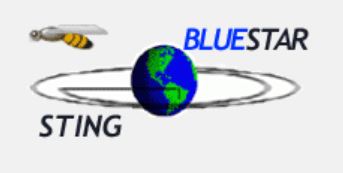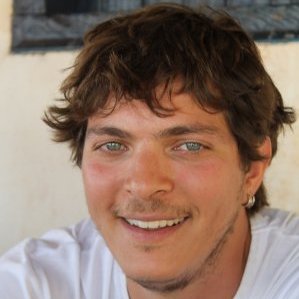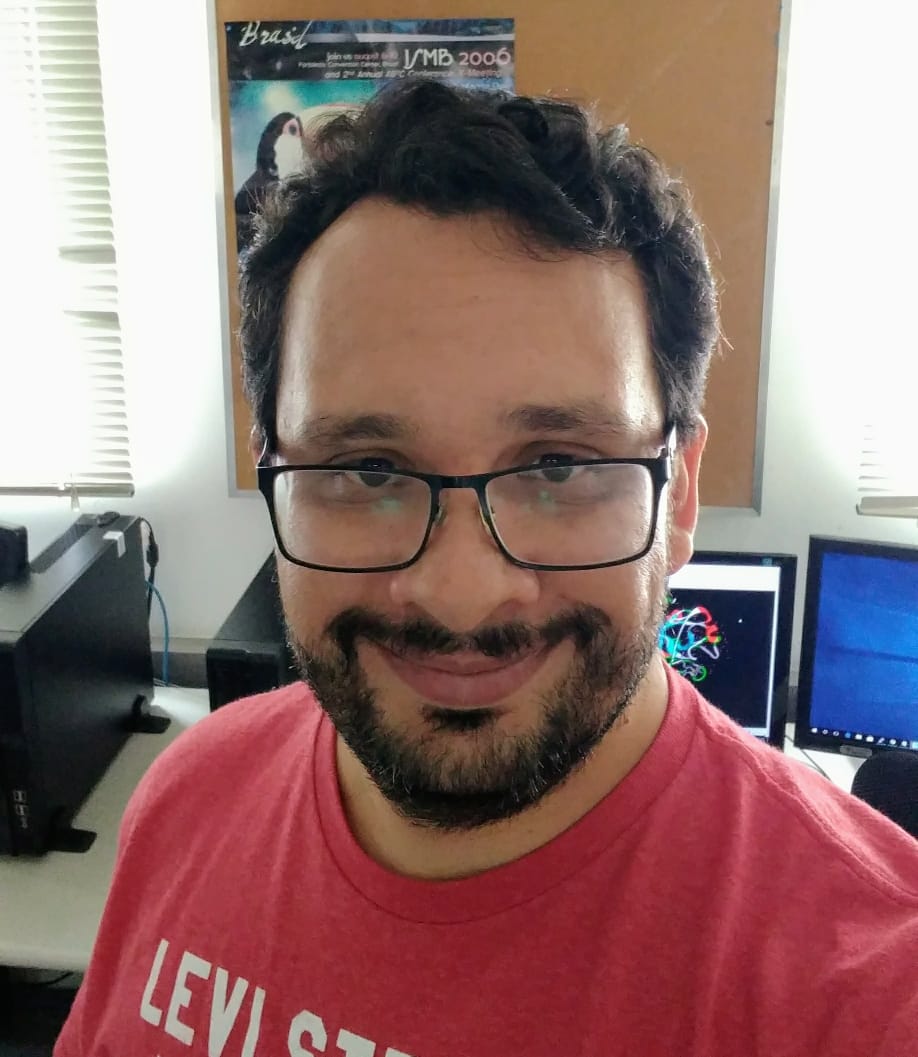
Computational Biology Research Group

Computational Biology Research Group
We are committed to sharing the knowledge we acquired,
databases and algorithms we developed,
to support reproducing our work and to support efficiency in science.

Goran Neshich, Ph.D., is the leader of the Computational Biology Research Group (CBRG)
at the Brazilian Agricultural Research Corporation (EMBRAPA), National Agricultural
Information Technology Research Center (CNPTIA), Campinas - SP, Brazil.
Neshich started his work in structural bioinformatics while studying structure and
function relationship of the photosynthetic reaction center during his graduate work
done with Don DeVault at the University of Illinois at Urbana-Champaign (1983-1988).
He conducted his postdoctoral research with Barry Honig at Columbia University
(1997-1998).
Neshich is the principal author of STING suite of programs (with the current version
being BlueStarSTING), and STING_DB. STING is a popular database and visualization
tool providing the largest collection of physicochemical parameters that describe
protein structure, stability, function, and interaction with other macromolecules.
STING received approximately 17 million accesses since 1998.
Neshich is focusing his work on completing the catalog of protein district
NANOENVIRONMENTS, constructive elements of protein structure which could be fully
described in terms of ensemble of physicochemical, geometric and structural
parameters.

PhD in Bioinformatics (UNICAMP, 2018). Electrical Engineer (UNITER, 2021).
Technologist in Data Processing (Centro Paula Souza, 2004). He has been an employee of
Embrapa Agricultura Digital since 2005. He is currently a member of the
Research Group on Scientific Computing, Information Engineering and Automation,
with experience in the following topics: structural computational biology,
programming in R, Java, Perl and C/C++, Linux, MySQL, data mining and statistical analysis.

He holds a PhD in Agricultural Engineering from the University of Campinas (2018), a professional master's degree in
Telecommunications Network Management from the Pontifical Catholic University of Campinas (2012), an MBA in Internet Security
from the Support Foundation for the Federal Center for Technological Education in Rio de Janeiro (2003),
a degree in Economic Sciences from the University of São Paulo (1995), and a degree in Data Processing Technology from the Faculty of Technology of São Paulo (1989).
He is currently a Communication Network and Information Security Analyst at Embrapa Digital Agriculture and a professor at FATEC Santana de Parnaíba.
He has also been invited to teach part of the content for the AP189-Digital Agriculture course at FEAGRI/UNICAMP.
Additionally, he serves as a startup mentor for the Innovativa Brasil Acceleration Program.
His primary areas of expertise include Machine Learning, Digital Image Processing, Blockchain, Energy Conservation, Computer Networks, and Wireless Sensor Networks.

Dr. Folorunsho Bright Omage is a machine learning engineer and computational biochemist with a robust interdisciplinary background. Currently a Postdoctoral Research Scientist at the Instituto de Química, Universidade Estadual de Campinas (UNICAMP), and a Research Fellow at the Brazilian Agricultural Research Corporation (EMBRAPA), Dr. Omage specializes in the integration of artificial intelligence with structural biology and computational chemistry. He holds a Ph.D. in Biological Sciences, with a focus on Toxicological Biochemistry and Computational Chemistry, from the Universidade Federal de Santa Maria, Brazil, and has contributed to outstanding projects in protein structure-function analysis, drug discovery, and machine learning.

Bachelor in Physics from the State University of Campinas (UNICAMP). PhD from the Genetics and Molecular Biology Departament of the Institute of Biology, also from UNICAMP. I have working experience in Biophysics, Molecular Biology, Structural Computational Biology and Bioinformatics. In my PhD, I studied the physico-chemical and structural basis of protein-protein association by using tools from relational databases (MySQL), statistical and machine learning algorithms (neural networks, SVM, random Forest, Bayesian Networks, LDA, etc), including case studies by protein-protein Docking and protein Molecular Dynamics. In the current postion, as a research assistant in the Physics Departament and Multiuser Center for Biomolecular Innovation from the Instituto de Biociências, Letras e Ciências Exatas (IBILCE) da UNESP, I am responsible of the maintenance and operation of a Nuclear Magnetic Resonance spectrometer of 600 MHz, equipped with a triple resonance cryoprobe. I participate in studies of protein-ligand interaction by means of Saturation Transfer Difference effect using NMR (STD-NMR). By using the protein structure and the binding epitopes from STD-NMR, protein-ligand docking and molecular dynamics are carried out in order to get insight in the molecular recognition process. Also, in another research line, NMR-based metabolomics/metabonomics studies are carried out in order to have a more clear picture of the metabolic response of cells under different stimulus. By using statistical and machine learning tools, coupled with metabolic network analysis, it is possible to suggest important pathways affected by mutations, infection or specific treatments.

Master degree from Unicamp's Computer Engineering Department (2014) and bachelor's at
Computer Engineering from State University of Campinas (2009).
Has experience in Biochemistry, focusing on Molecular Biology, with knowledge on the following
subjects: pattern recognition, molecular biology, bioinformatics and
protein-protein interface prediction. Special interest in
Catalytic Site residue nanoenvironment identification and description.

Possui Graduação em Bacharelado em Informática pela Universidade de São Paulo (2011),
Mestrado em Ciências da Computação e Matemática Computacional pela Universidade de São Paulo (2014)
e Doutorado em Genética e Biologia Molecular (área de concentração bioinformática)
pela Universidade Estadual de Campinas (2022).